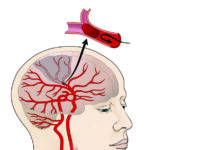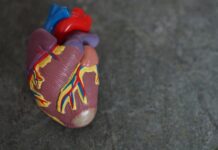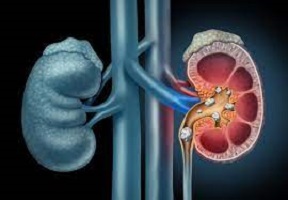Apollo Institute of Renal Sciences, Seshadripuram, Bangalore achieved a significant feat by extracting a 7.2-cm kidney stone from a 68-year-old woman with several underlying health conditions, including diabetes, Parkinson’s disease, hypertension, and cardiac ailments. The patient had been experiencing recurring flank pain for an extended period and underwent ultrasound and CT scans, which revealed the presence of the stone.
Considering the patient’s complex medical history, including the use of blood thinners, and the substantial size of the stone, the medical team opted for a minimally invasive procedure utilizing Holmium laser technology. Dr. T Manohar, the chairman of laser, laparoscopic, robotic, and renal transplant surgery and director of Apollo Institute of Renal Sciences, Seshadripuram, reported that the patient was admitted on June 25 and discharged the day following the procedure.
Alternative treatment options such as open surgery or a minimally invasive procedure involving kidney puncturing were available; however, these carried the risk of significant bleeding, and given the size of the stone, multiple procedures would have been necessary. Dr. Manohar explained that the advanced laser technology, particularly the Moses technology, was employed to effectively fragment and remove the kidney stone, ensuring a shorter hospital stay and faster recovery. He also stressed the importance of dietary and lifestyle modifications, such as increasing fluid intake, particularly water, as a preventive measure against kidney stone formation.
Dr. Manohar further advised on strategies to prevent various types of kidney stones. Alkalizing the urine through a diet rich in fruits, vegetables, and citrate can help avoid uric acid, calcium oxalate, and cystine stones. Conversely, acidifying the urine can prevent calcium phosphate and struvite stones, and consuming cranberry juice and betaine-rich foods can help regulate urine pH levels. Additionally, limiting sodium intake, reducing consumption of animal protein, and avoiding certain foods that contribute to kidney stone formation, such as chocolate and specific nuts, were recommended by Dr. Manohar.
In summary, doctors at a city hospital successfully performed a minimally invasive procedure to remove a 7.2-cm kidney stone from a 68-year-old woman with multiple underlying health conditions. The utilization of advanced Holmium laser technology allowed for effective stone clearance and a shorter hospital stay. The medical team also emphasized the importance of adopting dietary and lifestyle changes to prevent future occurrences of kidney stones.
























